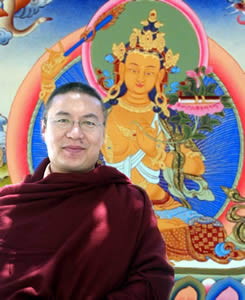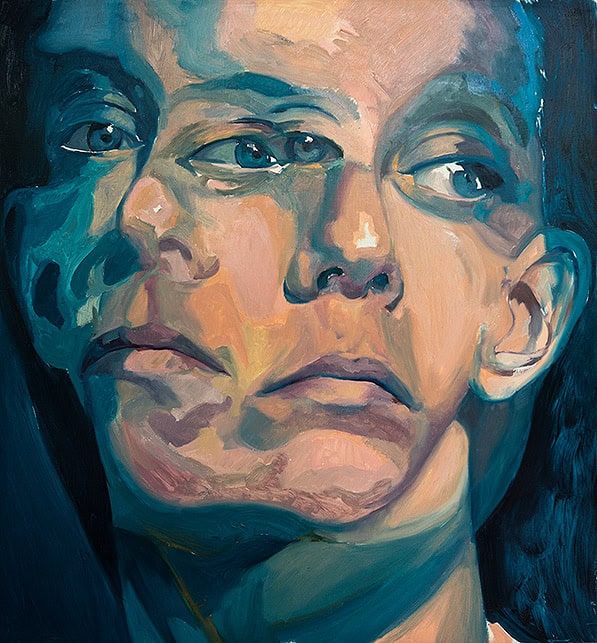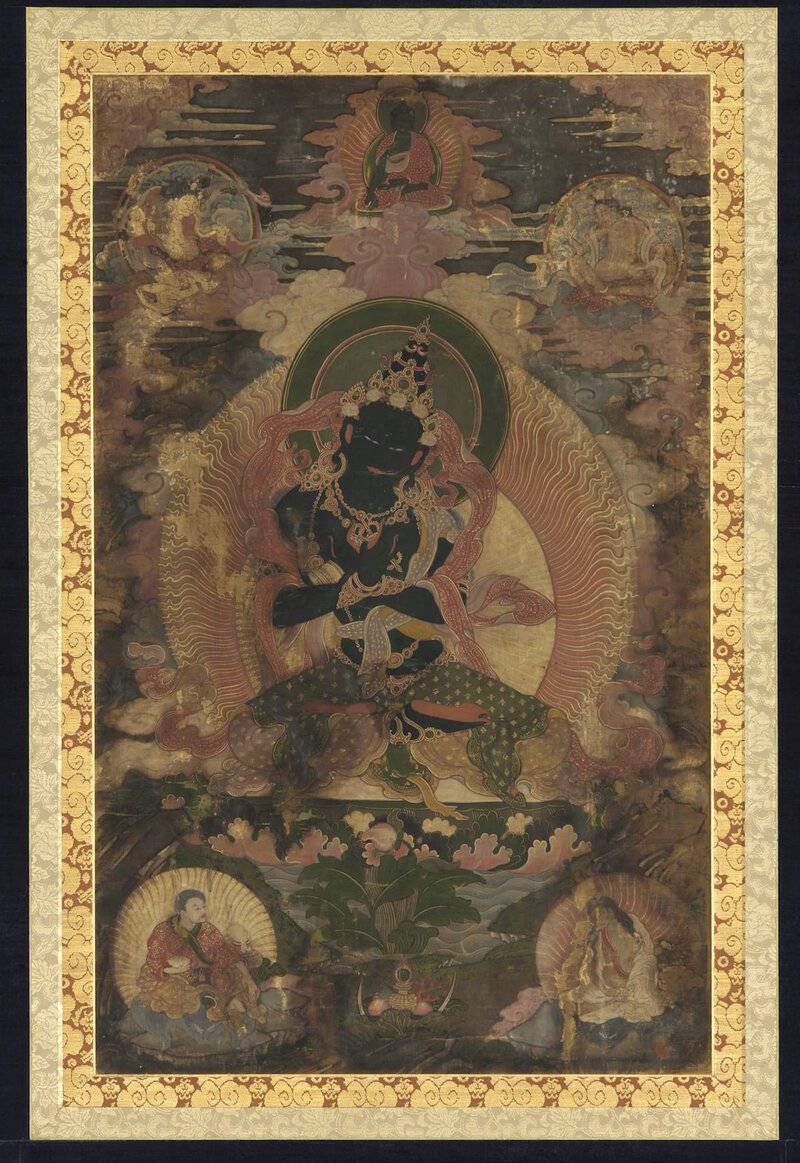Subject Object Projections
Understanding the teachings on the illusory nature of the Subject Object distinction used to be rather theoretical for me. Yes, I heard the words, I understood the theory, and it made sense. But, when the chips were down, when suffering arrived, this understanding was nowhere to be seen. In recent years with the blessing of […]
Subject Object Projections Read Post »




